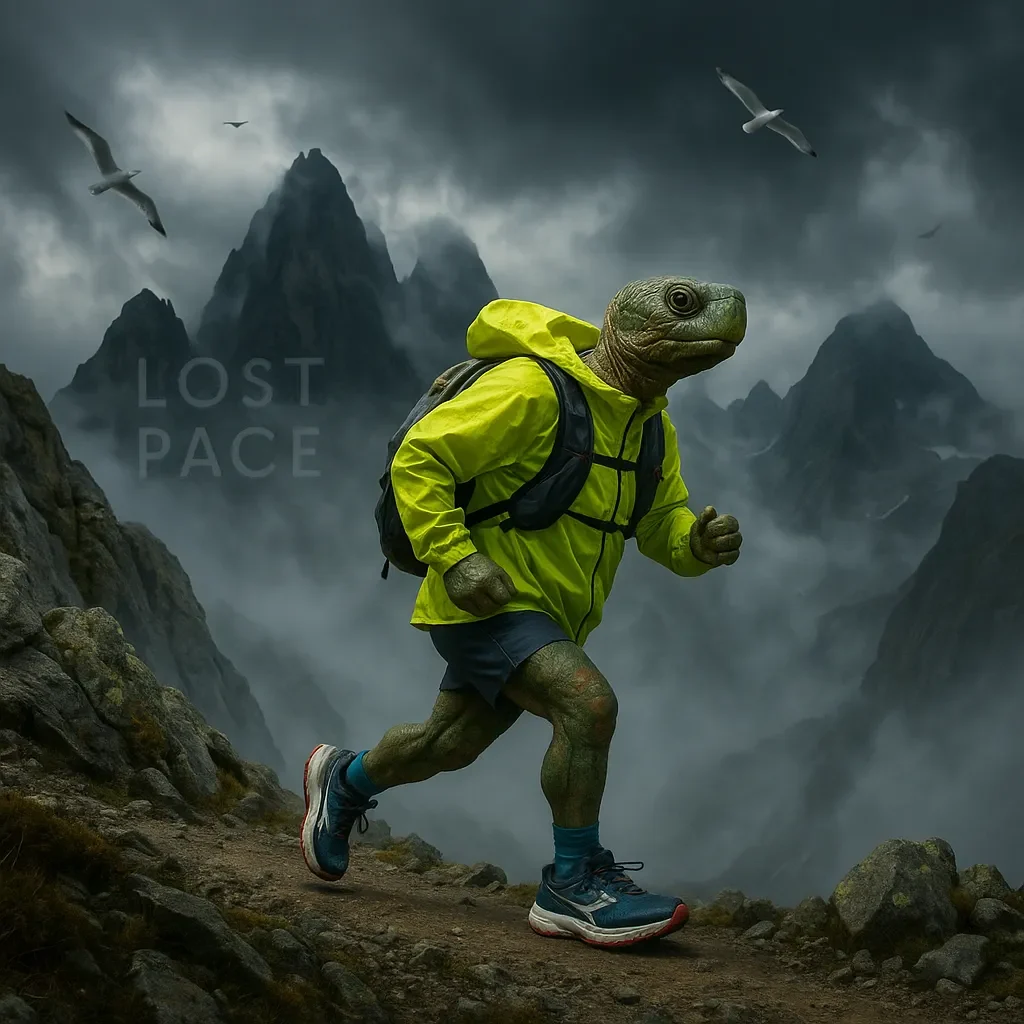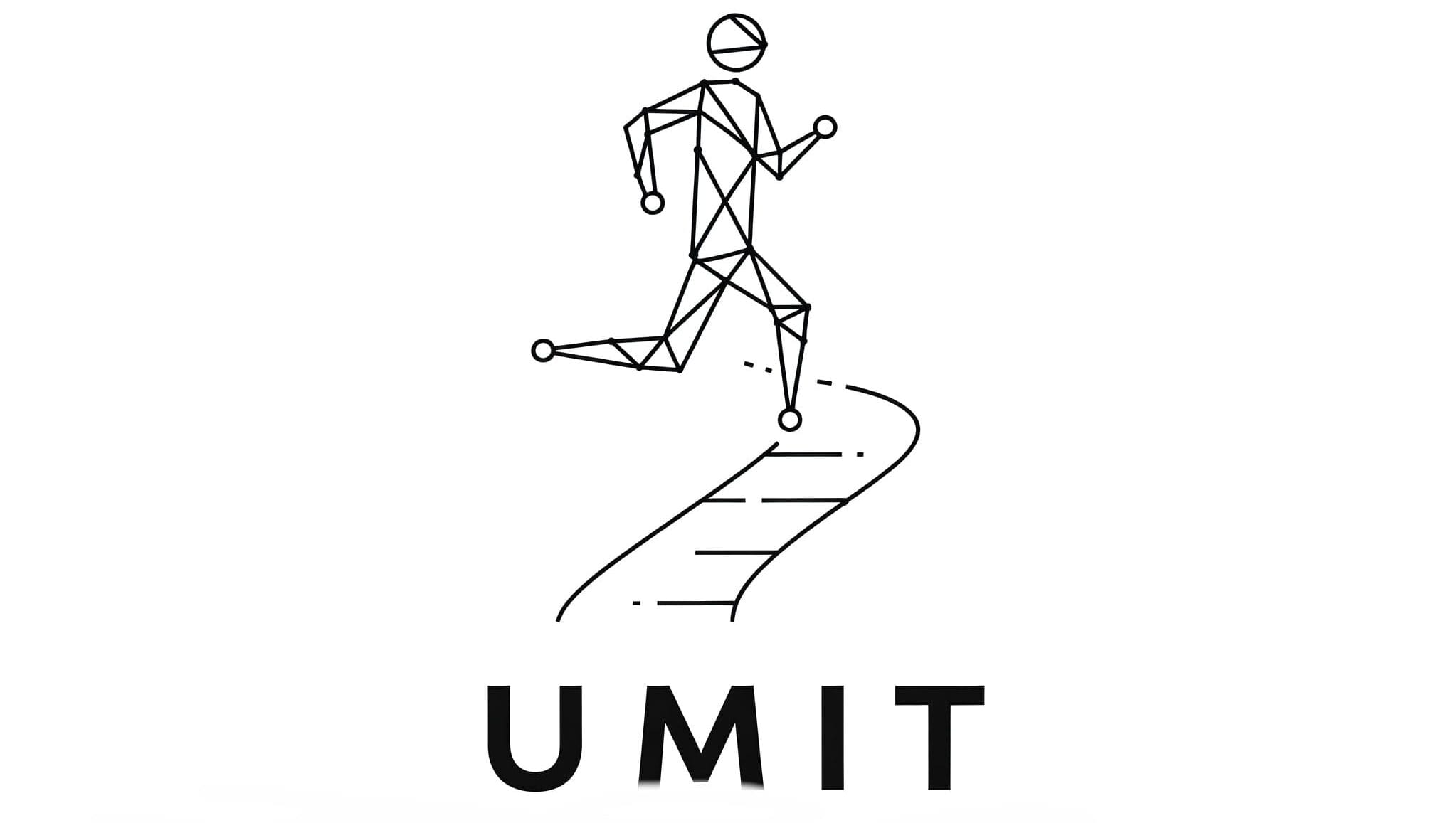Your Kackar by UTMB® adventure extends beyond the race course. Being practically prepared for your time in Rize and Ayder will ensure a smoother, more enjoyable experience overall. While previous articles covered accommodation choices and travel logistics in detail, this Kackar by UTMB travel guide focuses on essential day-to-day Rize Turkey practical info and Ayder travel tips, covering local services, money matters, basic communication, packing extras, and cultural pointers.
Recap: Accommodation & Travel
As covered previously, book your accommodation (whether in Ayder, Çamlıhemşin, or Rize) extremely early due to high demand. For travel, flying into Rize-Artvin (RZV) or Trabzon (TZX) and arranging ground transport (rental car highly recommended for flexibility, or airport/race shuttles if available) are your key steps. Refer back to Articles 9 and 10 for detailed breakdowns.
- Navigating Local Services: Ayder vs. Rize
Service availability differs significantly between the mountain plateau and the city.
- Ayder Plateau: Primarily geared towards tourism.
- Shops: Expect small markets (‘bakkal’) selling basic groceries, snacks, drinks, and perhaps some souvenirs. Don’t expect large supermarkets.
- ATMs: There might be an ATM in Ayder, but do not rely solely on this. It could be out of service or cash. It’s wise to bring sufficient cash or withdraw in Rize/Çamlıhemşin.
- Pharmacies (Eczane): Unlikely to be a fully stocked pharmacy in Ayder itself. Basic first-aid items might be found in markets, but for prescriptions or specific needs, Çamlıhemşin or Rize are necessary.
- Restaurants: Mostly hotel restaurants and a selection of standalone eateries focusing on local cuisine.
- Çamlıhemşin (Town below Ayder): Offers more local town services including likely ATMs, a pharmacy, slightly larger markets, and local eateries.
- Rize City Center: As the provincial capital, Rize offers a full range of services:
- Multiple banks and ATMs.
- Currency Exchange Offices (‘Döviz Bürosu’).
- Numerous pharmacies (look for the red ‘E’ sign or ‘ECZANE’).
- Supermarkets (Migros, Şok, A101, etc.) and various other shops.
- Hospitals and clinics.
- A wide variety of restaurants, cafes, and bakeries.
- Money Matters: Currency, Cards, and Cash
- Currency: The official currency is the Turkish Lira (TRY), often denoted as ₺.
- Credit Cards: Widely accepted in hotels, larger restaurants, supermarkets, and many shops in Rize and tourist establishments in Ayder. Visa and Mastercard are most common.
- Cash is King: Carrying a reasonable amount of Turkish Lira cash is essential. You’ll need it for:
- Smaller guesthouses (pansiyonlar) or bungalow rentals.
- Small local markets (bakkallar).
- Dolmuş (minibus) fares.
- Taxis (agree on price beforehand if no meter).
- Local crafts or market purchases.
- Small tips.
- Getting Turkish Lira:
- ATMs: Generally offer good exchange rates. Inform your bank you’ll be traveling to avoid blocked cards. Be aware of potential withdrawal fees from your bank and the local ATM provider. ATMs are readily available in Rize and Çamlıhemşin.
- Currency Exchange Offices (Döviz Bürosu): Found in Rize city. Often offer better rates than airport exchange counters. Bring clean, undamaged banknotes of major currencies (EUR, USD, GBP) to exchange.
- Airport Exchange: Convenient but typically offers less favorable rates. Exchange only a small amount if needed upon arrival.
- Communicating: Language Basics
While English might be spoken in major hotels and by some involved in tourism, especially in Ayder, knowing a few basic Turkish phrases will be greatly appreciated and can be very helpful.
- Hello: Merhaba (Mer-ha-ba)
- Thank you: Teşekkür ederim (Te-shek-kur Ed-er-im) – often shortened to Teşekkürler (Te-shek-kur-ler), or use the simpler Sağ olun (Sa-ol-un – more like ‘Cheers/Thanks’)
- Yes: Evet (Ev-et)
- No: Hayır (Ha-yir)
- Please: Lütfen (Loot-fen)
- Excuse me / Sorry: Affedersiniz (Af-fed-ar-sin-iz) / Pardon (Par-don)
- How much?: Ne kadar? (Ne kad-ar?)
- Water: Su (Soo)
- Food: Yemek (Yeh-mek)
- Toilet / WC: Tuvalet (Too-va-let) / WC (pronounced Veh-Jeh)
- Good morning: Günaydın (Goon-eye-din)
- Goodbye (said by person leaving): Hoşça kalın (Hosh-cha Kal-un)
- Goodbye (said by person staying): Güle güle (Goo-leh Goo-leh)
Using a translation app on your phone can also be very useful.
- Packing Essentials (Beyond Your Race Kit)
Remember to pack for variable conditions and general travel comfort:
- Layers: T-shirts, long-sleeved shirts, fleece or mid-layer, warmer jacket for evenings (even in September, mountain evenings can be cool/cold).
- Rain Gear: A waterproof jacket is essential, even when not racing. An umbrella can be useful around town.
- Comfortable Shoes: For walking around Ayder, Rize, or exploring sites.
- Sun Protection: Sun hat, sunglasses, sunscreen (mountain sun can be strong).
- Casual Wear: For evenings, meals, and exploring.
- Basic First-Aid Kit: Include personal medications, blister treatment, pain relievers, antiseptic wipes.
- Power Adapter: Turkey uses Type F plugs (two round pins). Voltage is 230V.
- Portable Charger/Power Bank: Useful for keeping your phone and devices charged, especially if spending long days out.
- Copies of Documents: Keep digital and/or physical copies of your passport, visa (if needed), flight details, and accommodation booking.
- Cultural Etiquette Quick Guide
Turkish people are generally very hospitable and welcoming.
- Greetings: A handshake is common when meeting people. Using “Merhaba” is always appreciated.
- Dress: While Ayder and Rize coastal areas are accustomed to tourists, modest dress is appreciated, especially if visiting mosques (shoulders and knees covered, women may need a headscarf – often provided at mosque entrances) or more traditional villages. Comfortable, practical clothing is fine for general tourism.
- Hospitality: You may be offered tea frequently – it’s a sign of welcome. Accepting is polite.
- Tipping: Not obligatory as in some countries. In restaurants, if service was good, rounding up the bill or leaving a small tip (5-10%) is appreciated but not usually expected. Small tips for hotel staff (porters, housekeeping) are welcome. Bargaining might occur in souvenir markets, but generally not in standard shops or restaurants with listed prices.
- Staying Connected
- Mobile Signal: Generally good along the coast and in Rize city. In Ayder, signal is usually okay but can become patchy or non-existent on trails higher in the mountains. Check your provider’s roaming charges or consider getting a local Turkish SIM card (e.g., Turkcell, Vodafone, Türk Telekom) upon arrival for better rates (requires passport registration).
- Wi-Fi: Most hotels and many cafes/restaurants in Rize and Ayder offer Wi-Fi, though speed and reliability can vary, especially in the mountains.
Conclusion:
A little practical preparation goes a long way in ensuring your Kackar by UTMB travel guide knowledge translates into a smooth and enjoyable trip. By understanding local services, handling money matters, knowing a few basic Turkish phrases, and packing appropriately, you can focus more on the race and the incredible beauty of the Rize region. Enjoy the renowned Turkish hospitality and have an amazing adventure!

About the Author
Lost Pace is an ultramarathon runner, shoe-tester and the founder of umit.net. Based year-round in Türkiye’s rugged Kaçkar Mountains, he has logged 10,000 + km of technical trail running and completed multiple 50 K–100 K ultras.
Blending mountain grit with data, Lost analyses power (CP 300 W), HRV and nutrition to craft evidence-backed training plans. He has co-written 260 + long-form guides on footwear science, recovery and endurance nutrition, and is a regular beta-tester of AI-driven coaching tools.
When he isn’t chasing PRs or testing midsoles, you’ll find him sharing peer-reviewed research in plain English to help runners train smarter, stay healthier and finish stronger.
Ultrarunner · Data geek · Vegan athlete
